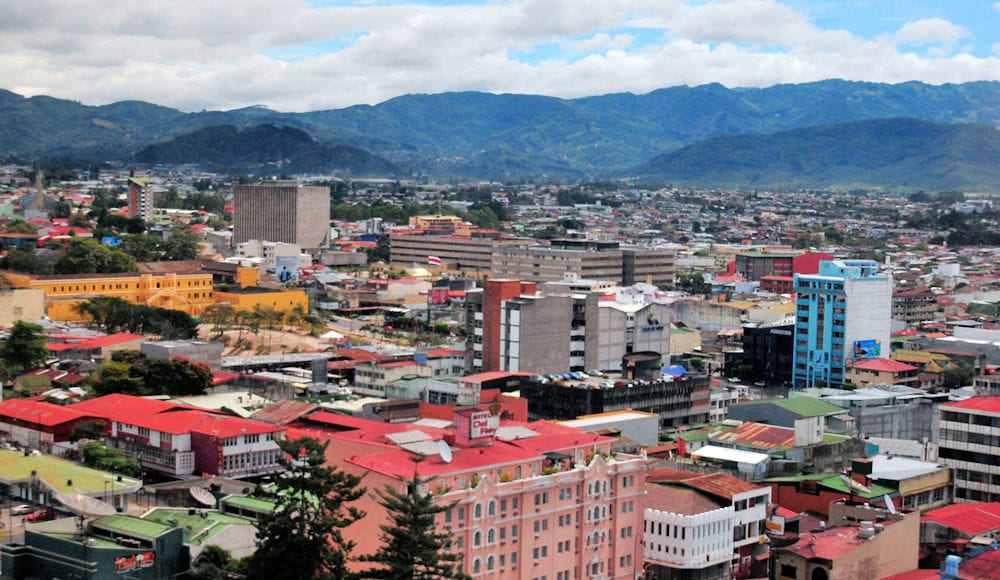Costa Ricans could get the chance to vote on the future of their country’s oil and gas exploration policy after a court on September 20 authorized pro-exploration activists to gather signatures for what would be only the second referendum in its history.
According to a Reuters report, the Central American country started efforts to ban its exploration in 2002 under President Abel Pacheco. This ban was supposed to expire in 2014 but later extended until 2050.
Costa Rica generates over 97% of its power from renewable sources according to the Costa Rican Electricity Institute but needs to import a relatively small volume of fuel, mainly for motor transportation.
Reuters said last year Costa Rica imported 20 million barrels of refined products, some 55,000 barrels per day, for more than $1.6 billion, according to figures from state oil company Recope.
Activists, led by Carlos Roldan, a chemical engineer at the State Institute of Technology of Costa Rica, must now obtain the support of at least 171,000 people on the electoral roll, or 5%, for the referendum to go ahead.
“If politicians deprive us of the possibility to take advantage of our own resources for our well-being, the people have the opportunity to decide otherwise,” Roldan said. “We cannot afford to have this wealth and not use it.”
In recent months, Cuba, the Dominican Republic and Panama have taken steps to open up the possibility of oil exploration.
Brazil, Guyana and Mexico, all of which have vast proven oil reserves, have attracted billions of dollars in oil investment by awarding exploration and production rights.
Source: Reuters



